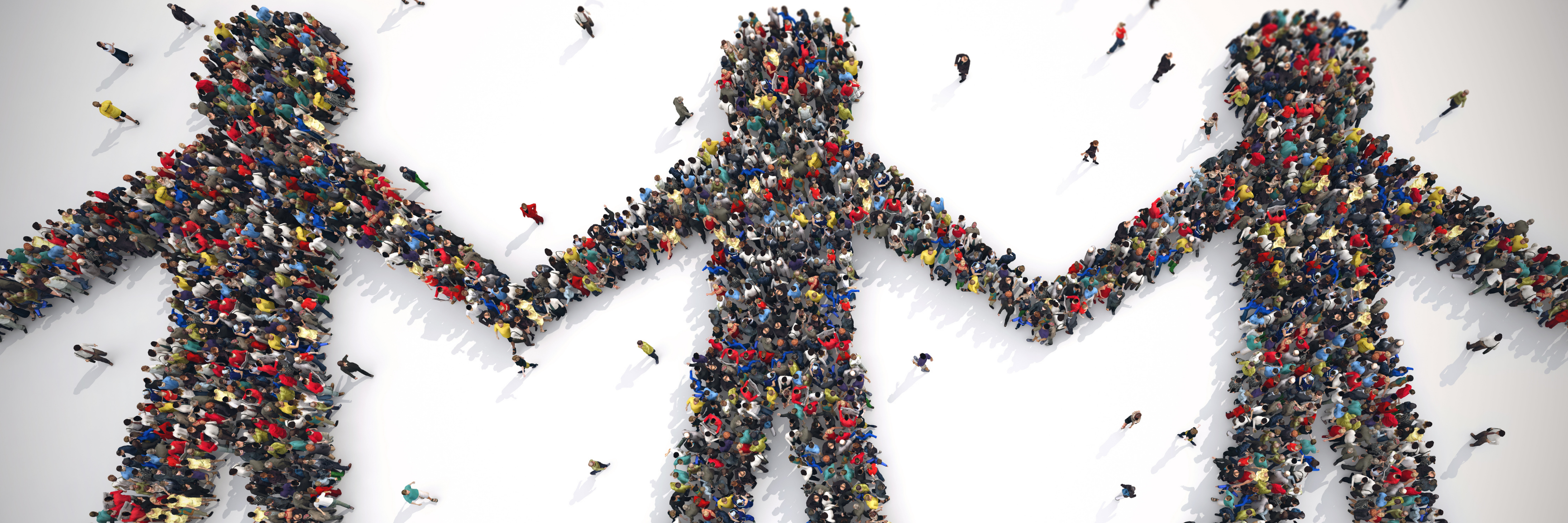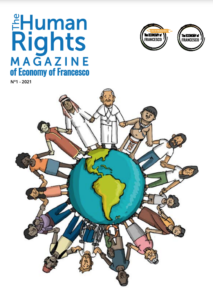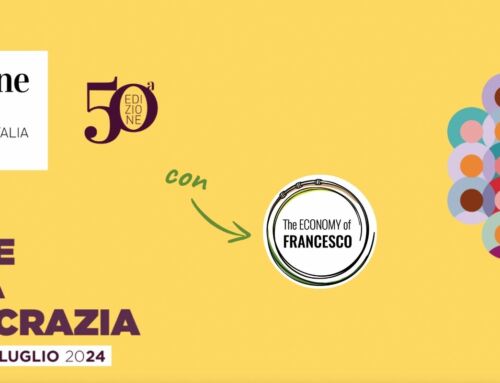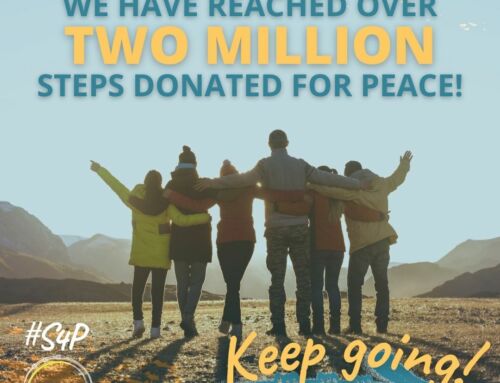
The Human Right to international solidarity
By: Lucia Tonelotto (Text only in English)
In the era of economic, cultural and ideological globalization in which we find ourselves living, interdependence between people is increasingly proliferating.
To a greater extent, in today’s society, we can find the truthfulness of the butterfly effect theory: “it is said that the slightest flapping of a butterfly’s wings is able to cause a hurricane on the other side of the world”2. This phrase, if applied to social reality, reflects the situation in which we live: no choice is an end in itself; every decision causes near and far-off consequences.
In today’s globalization, economic and social inequalities are emerging progressively. In a world where wealth increases dramatically, fewer and fewer are benefiting from it. In a world where technology is making great strides, more and more people are dying of hunger, treatable diseases and natural disasters, realities that could be easily prevented.
Moreover, the Covid-19 pandemic has taught us that we are interconnected, and only if we collaborate can we save ourselves: either we save ourselves together or no one is saved. This concept is already present at the international level, thanks to international solidarity, but finds itself difficult to emerge because some states don’t want to recognize it as a legally binding human right.

















